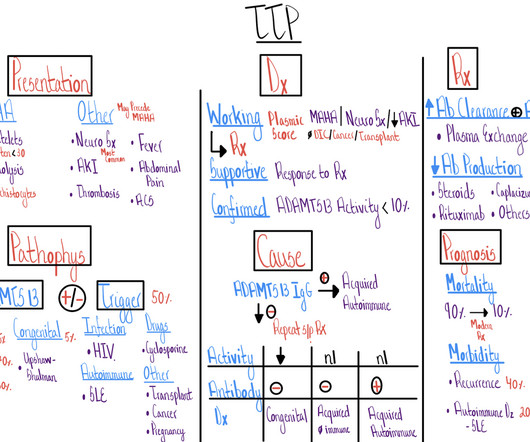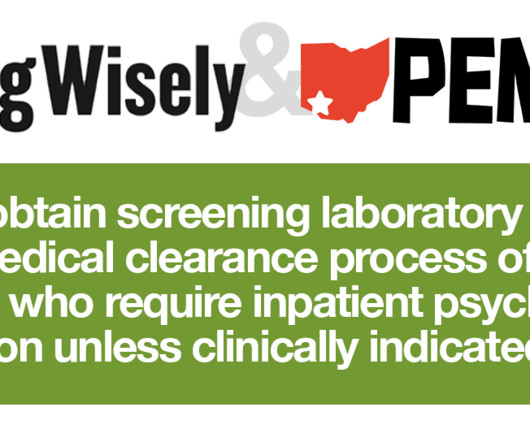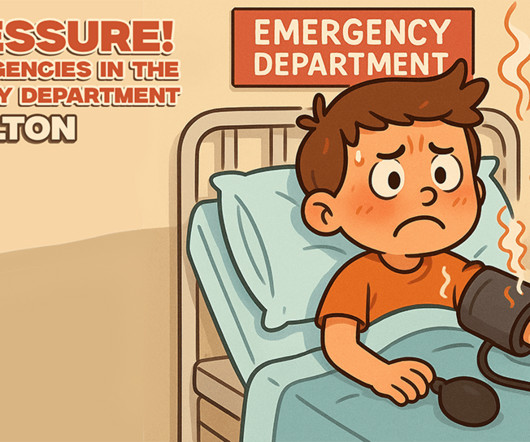Clinical Reasoning Corner: Illness Script
The Clinical Problem Solvers
FEBRUARY 27, 2022
In the reasoning process, we use illness scripts to compare and contrast a patient’s clinical presentation (i.e., our own illness scripts) as we reason to a working diagnosis or a final diagnosis. lab tests, imaging, and/or pathology). shortness of breath is present in heart failure and pneumonia).












Let's personalize your content